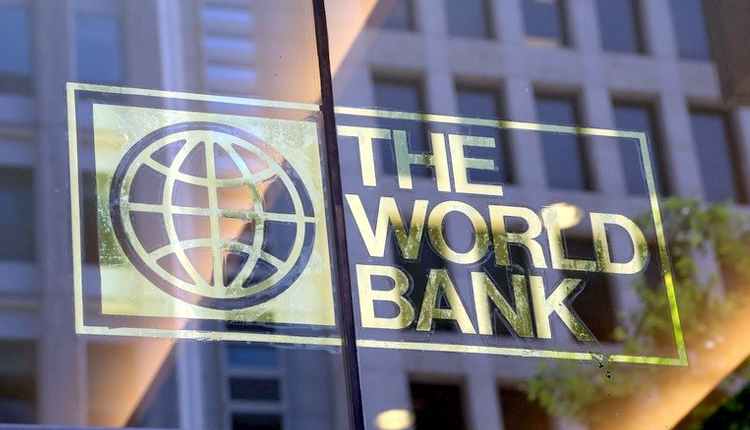The World Bank on Monday earmarked $1 billion in support for Egypt’s Sinai development comprehensive programme.
On the sidelines of the International Monetary Fund and the World Bank meetings in Bali, Egyptian Investment Minister Sahar Nasr met with Ferid Belhaj, World Bank’s vice president for Middle East and North Africa, an investment ministry statement said.
The Egyptian state’s project to develop Sinai should be completed by 2022 at a cost of 275 billion Egyptian pounds ($15.3 billion), presidential aide Ibrahim Mahlab earlier said last April.
“The project will secure thousands of jobs and contribute to the development of eastern Suez Canal in order to have a road network linking the Sinai Peninsula to various governorates nationwide,” Nasr said in earlier statement in April.
Nasr said that the Saudi Fund for Development, the Kuwait Fund for Arab Economic Development, and the Arab Fund for Economic and Social Development contributed a combined $2.5 billion to the project, adding that Arab funds would continue supporting the project in the upcoming years.
The World Bank Group unveiled a new system a week earlier to rank countries based on their success in developing human capital, an effort to prod governments to invest more effectively in education and healthcare.
The bank’s “Human Capital Index,” showed poor African countries fared the worst in the rankings, with Chad and South Sudan taking the two lowest spots, while Singapore topped the list, followed by South Korea, Japan and Hong Kong.
The rankings, based on health, education and survivability measures, assess the future productivity and earnings potential for citizens of 157 of the World Bank’s member nations, and ultimately those countries’ potential economic growth.
Belhaj said the Sinai Development Comprehensive programme is considered as a human capital investment, a high priority matter for the World Bank.
